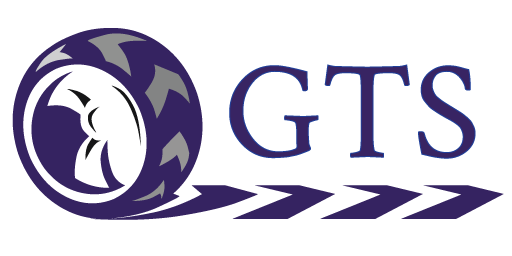Leadership development refers to the process of enhancing an individual’s skills, knowledge, and abilities to become an effective leader. It involves various activities and initiatives aimed at cultivating leadership qualities and competencies, enabling individuals to effectively guide and influence others towards achieving organisational objectives.
The scope of leadership development encompasses both formal and informal methods, including training programs, coaching and mentoring, experiential learning, and self-directed learning. These initiatives focus on developing essential leadership traits such as communication skills, decision-making capabilities, emotional intelligence, adaptability, and strategic thinking.
Training programs play a significant role in leadership development by providing individuals with theoretical knowledge and practical tools to become successful leaders. These programs may cover topics such as effective communication, conflict resolution, team building, and organisational behaviour. They are designed to equip individuals with the necessary skills to motivate and inspire their team members, foster collaboration, and drive positive change within their organisations.
Coaching and mentoring are crucial components of leadership development as they provide individuals with personalised guidance and support. Through one-on-one interactions with experienced leaders, individuals can gain valuable insights, receive constructive feedback, and develop their leadership styles. Coaches and mentors help individuals identify their strengths and weaknesses, set goals, and create action plans to enhance their leadership capabilities.
Experiential learning is another vital aspect of leadership development, providing individuals with practical opportunities to apply their leadership skills in real-world scenarios. This approach encourages individuals to learn from their experiences, reflect on their actions, and make necessary adjustments to improve their leadership effectiveness. It may involve participation in leadership projects, simulations, or role-playing exercises that simulate real-life leadership challenges.
Additionally, self-directed learning plays a significant role in leadership development. This involves individuals taking initiative to acquire knowledge and skills through independent reading, attending conferences or workshops, and seeking out relevant resources. Self-directed learning allows individuals to explore specific areas of leadership they are interested in and tailor their development plans accordingly.
Leadership development is crucial for organisations as it enables them to build a pipeline of capable leaders who can drive innovation, manage change, and foster a positive work culture. Effective leaders can motivate and inspire their teams, enhance employee engagement and productivity, and achieve organisational goals.
In summary, leadership development encompasses a range of activities and initiatives aimed at enhancing an individual’s leadership skills and capabilities. Through training programs, coaching and mentoring, experiential learning, and self-directed learning, individuals can develop the essential qualities required to become effective leaders. This not only benefits individuals in their personal and professional growth but also contributes to the overall success and growth of organisations.
